6 Ways To Be Good To Wildlife When You Travel
Six things (of many!) to think about in support of animal welfare during a trip.
Updated May 31 2019, 11:11 a.m. ET
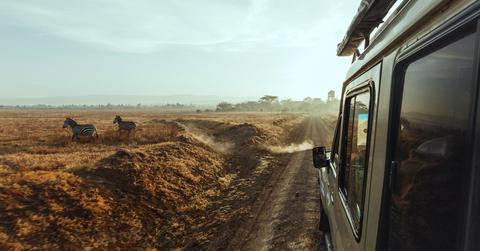
My first time on safari, I was lucky. The trip centered around a long hike through the foothills of Mount Meru, a dormant volcano west of Mount Kilimanjaro in northern Tanzania. To say that I was thrilled understates my excitement, not only at seeing some of the wild kingdom's greatest icons, but doing so on foot, with only the growl of beasts, not motors, and the crush of crunching animal teeth, not of camera-toting tourists.
The animals I watched – giraffes, elephants, zebras, monkeys, antelope – were peacefully at home in their own environment. No restraints, no special feeding times, no obligation to interact with or perform for me.
This is the way animals should be. But many of them are not. According to World Animal Protection, an international non-profit animal welfare organization, as many as 550,000 wild animals are currently suffering at tourist entertainment venues globally. Worse, the vast majority of tourists – up to 80 percent leaving comments on TripAdvisor – are unaware that the conditions in which they find and interact with animals run counter to the best interests of those animals.
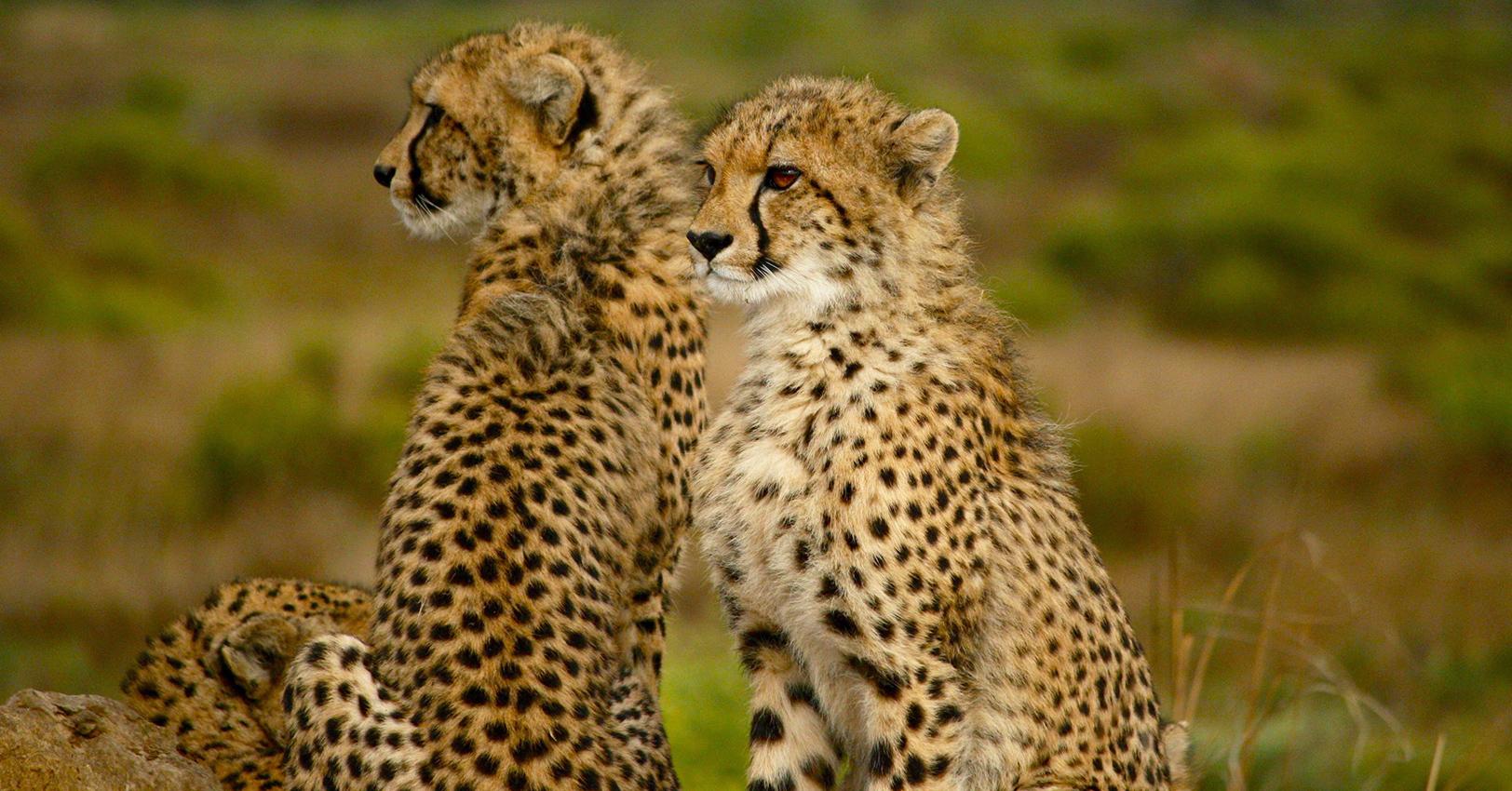
Fortunately, the winds of positive change are blowing. Responsible travelers and companies are coming to grips with less-than-ideal past practices and working to improve the way people can appreciate wildlife without causing it irreparable harm.
With that in mind, here are six things (of many!) to think about in support of animal welfare during a trip.
Commit to the 'Wildlife Selfie Code'
World Animal Protection has done a sweeping review of selfies on Instagram. Tens of thousands of images depicted people posing with animals, often holding, hugging or touching them. Sadly, most people don't realize that, by and large, these animals have been forcibly removed from their natural habitats or bred on farms to get inappropriately handled by tourists and live in unfamiliar or improper confinement.
An infamous example of this is the tiger farms in Asia, the most notorious of which, Tiger Temple near Chiang Mai, Thailand, was forced to shut down after 40 dead baby tiger cubs were found in a freezer. Often masquerading as tourist attractions that allow visitors to pet and pose with tigers, these farms are usually captive-breeding facilities that sell tiger parts and products.
And yet, the World Wide Fund for Nature conducted a survey in 2016 that found 76 percent of respondents unaware of tiger farm practices in Asia that "are fueling the illegal wildlife trade and jeopardizing the recovery of wild tigers across the continent." It's a practice that extends to many other animals as well, especially lemurs, sloths, koalas, bears, and a variety of primates.
"Don't be part of this ugly picture," urges World Animal Protection. Choose not to cuddle or touch any animal that belongs in the wild. Better yet, sign the 'Wildlife Selfie Code' and "commit to cruelty-free selfies."
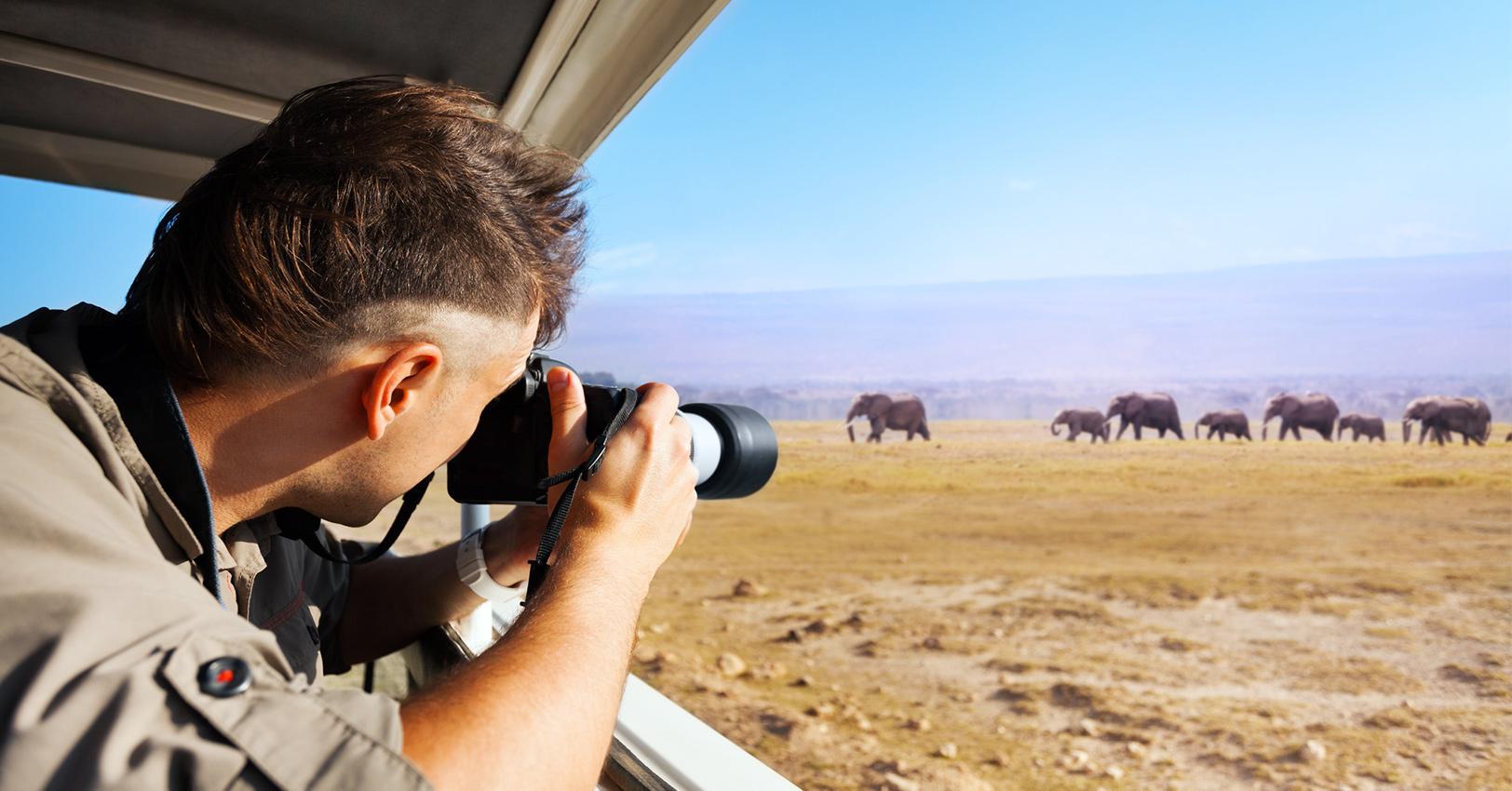
Book with tour companies that reject elephant rides
Before 2014, "People went to Southeast Asia to ride elephants. You saw it all over social media," said Leigh Barnes, Chief Purpose Officer of Intrepid Travel, in an interview with Green Matters. "But we had done the research. We knew it was horrible for the elephants, which are meant to be wild. We needed to make a change."
And so they did. As of January 2014, they elected to stop offering elephant rides on any of their trips. Now more than 160 travel companies have also agreed not to sell or promote any behavior that has elephants doing rides or shows for tourists. Further, in 2016, TripAdvisor ceased the sale of tickets to any animal attractions that included contact between tourists and captive wild animals, including elephants, although in April 2018, they watered their policy down by only excluding performances deemed demeaning or unnatural.
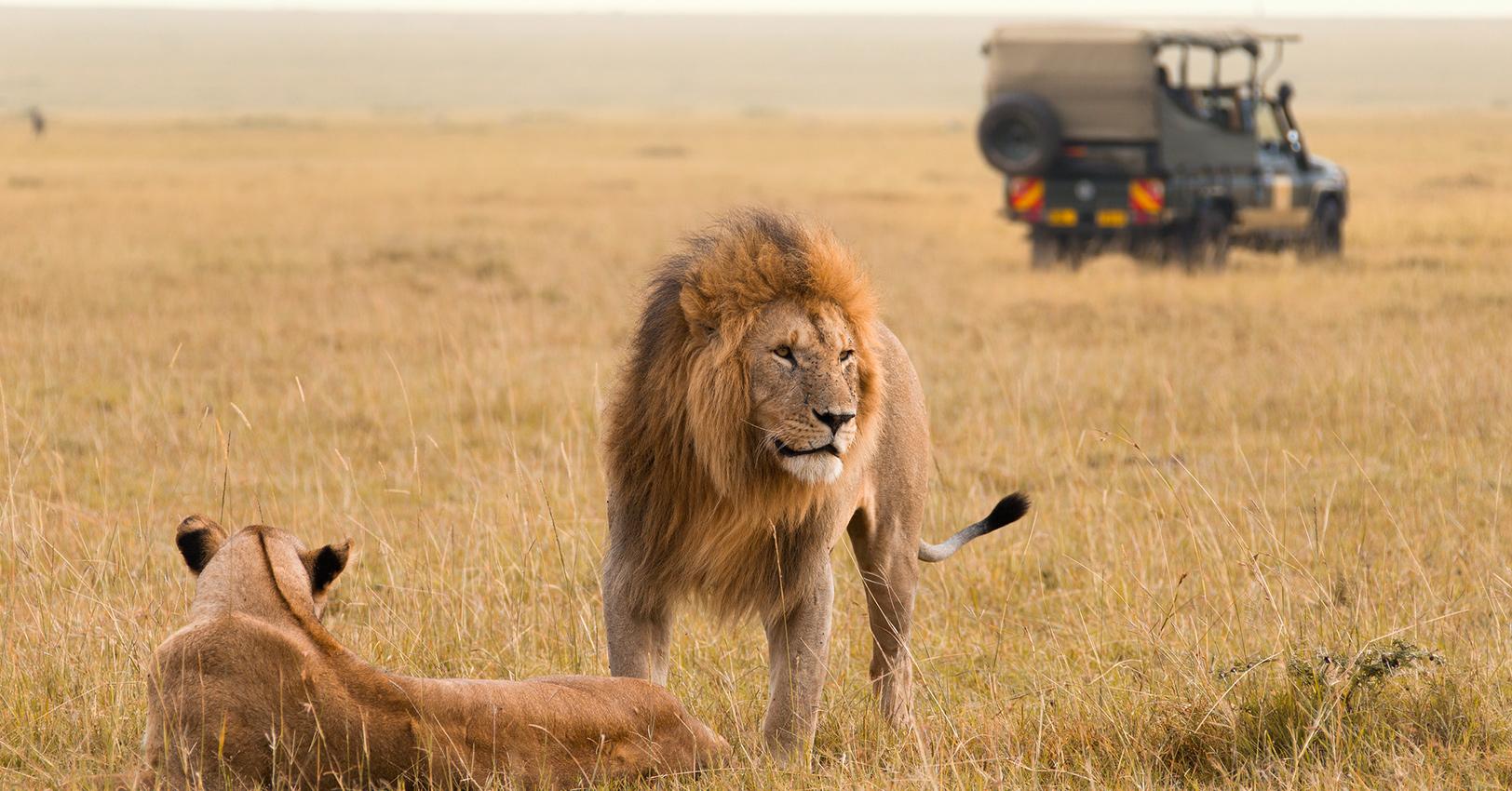
Support safari operators that sign the 'Born to Live Wild' pledge
Walking with lions is much more insidious than it might seem. It rarely has to do with conservation, rehabilitation, or lion reintroduction into the wild, as sometimes advertised. Instead, for the practice to be safe, very young cubs are taken from their mothers to be cuddled by tourists. When those cubs are too big to hug, they're trained to walk with tourists. But the frequent contact with people means they can never be released into the wild. And their captivity and training likely involves brutal treatment, poor shelter, and drugs. A very common end result is that the lions are sold to canned hunting farms as future trophies.
The 2015 documentary film Blood Lions shone a bright light on the practice that traps 6,000 to 8,000 lions in South Africa alone. One outgrowth has been a far-reaching call to end the breeding, canned hunting, and commercial exploitation of lions and other predators. The 'Born to Live Wild' pledge commits more than 100 businesses to recognizing the unethical and misleading business practices of breeding and hunting facilities, to cut ties with any who pursue it, and, among other things, to support the "formal conservation community in their endeavors to secure the survival of Africa’s predators in the wild."
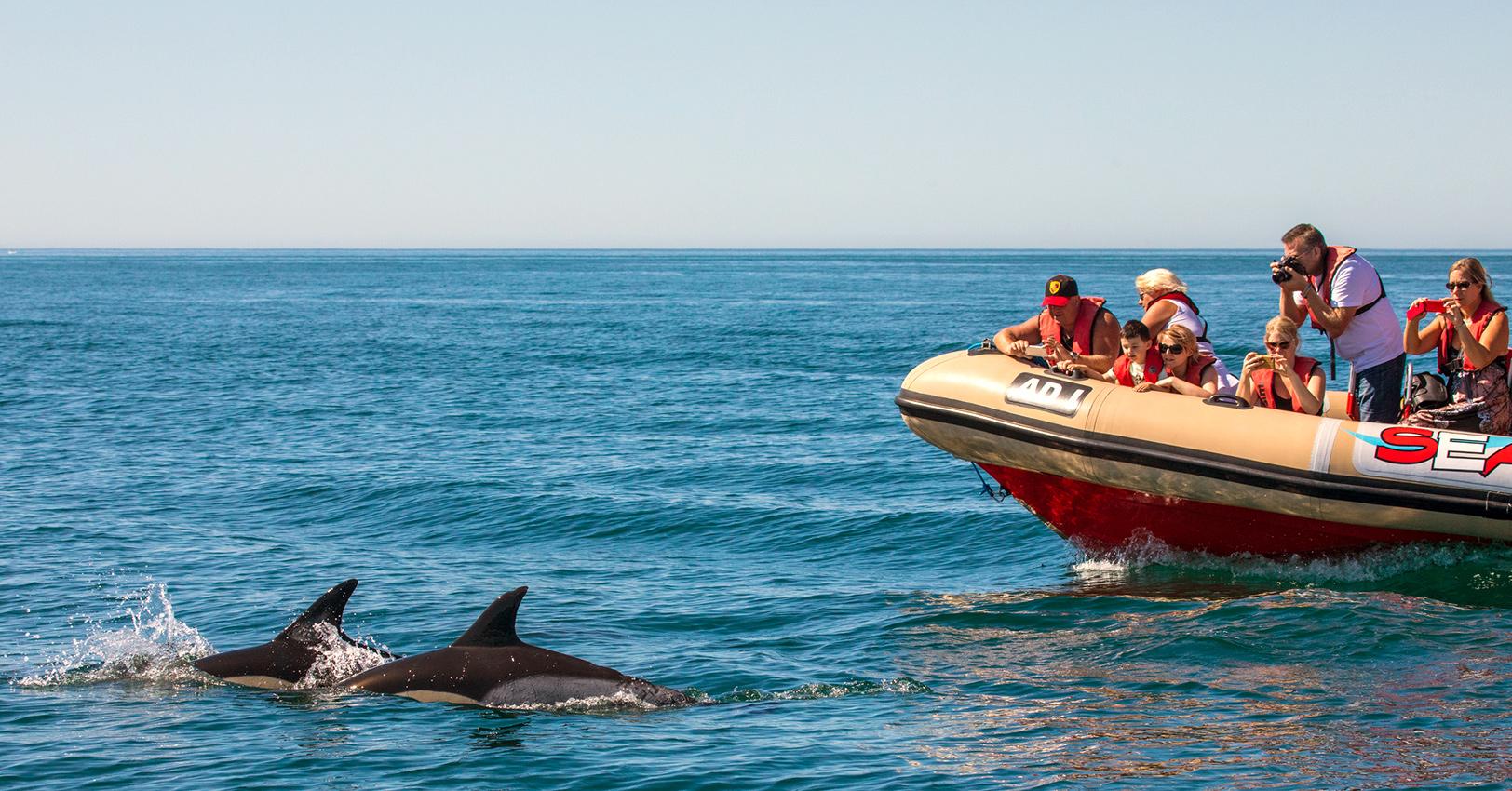
Speak out for changing laws about dolphins
Although millions of tourists visit captive dolphins every year – to see them perform or to pet or swim with them – few comprehend that most have been captured from the wild or bred in captivity and then separated from their families. They often live unhealthy lives in small enclosures, are mistreated during training, and sometimes even sent to slaughter if they don't suffer premature death.
Fortunately, as more evidence emerges about the impact of confinement and performance training on dolphins, laws in defense of dolphins, orcas, and other cetaceans are hitting the books. Chile, Costa Rica, and Croatia have made it illegal to keep any cetaceans in captivity, while India has banned imprisoning dolphins for public entertainment. Brazil, Luxembourg, Nicaragua, and Norway also have strict standards that make confining cetaceans nearly impossible, and it has been more than 20 years since the last dolphinarium closed in the U.K.
Most recently, in 2017, Mexico outlawed dolphin performances, but has now banned all dolphinaria by the end of 2018. In the United States, despite voluntary moves to uphold some dolphin welfare standards – for example, the positive steps taken at the National Aquarium in Baltimore and Vancouver Aquarium – the laws are complex and neither as stringent nor as well enforced as they could be.
Whatever the case, travelers should speak out for strong legal standards and then put their money where their mouths are by not visiting marine parks, zoos, or aquariums that keep ocean mammals captive. It is also helpful to call for better spaces for the rehabilitation of injured marine wildlife.
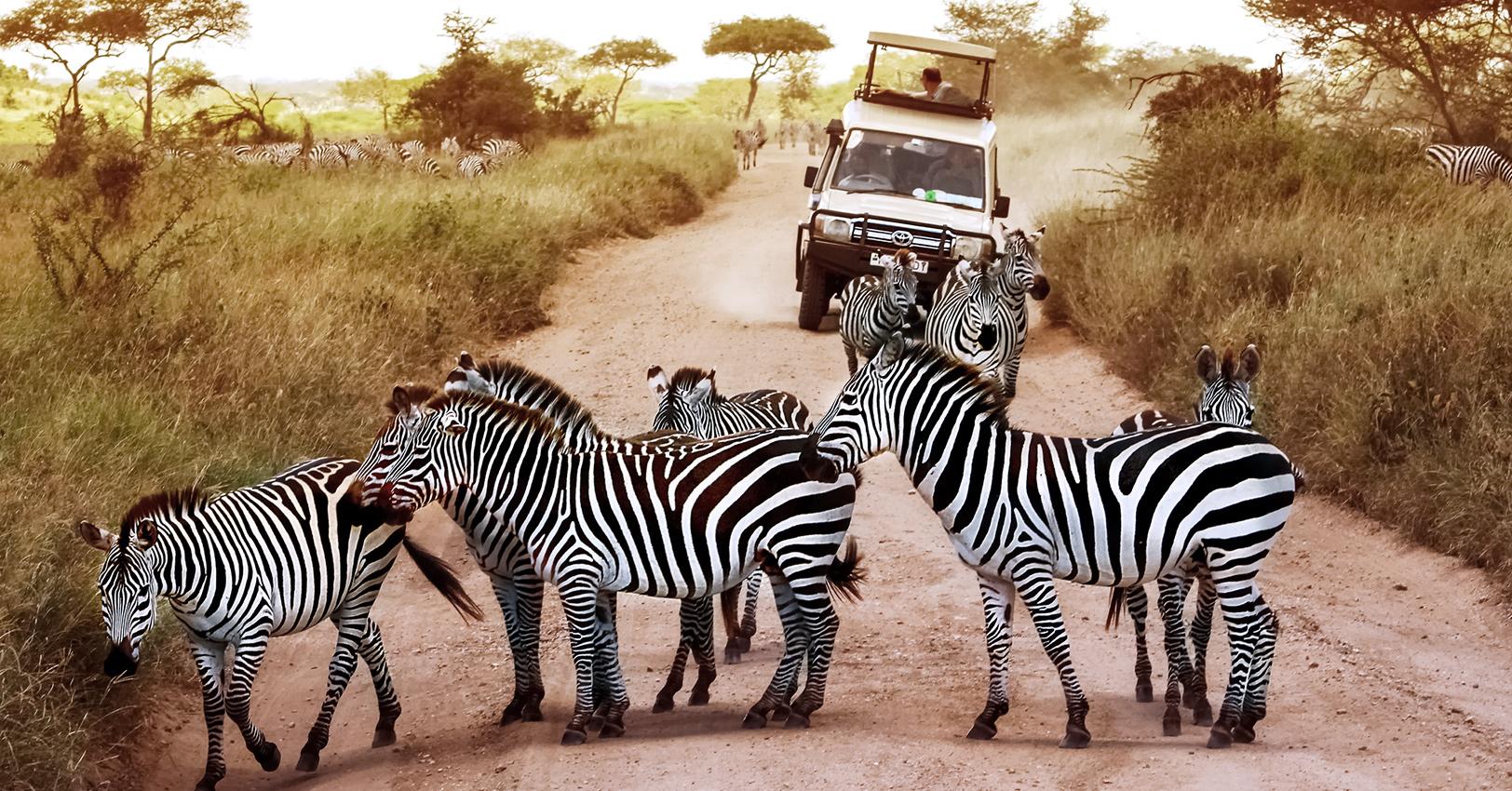
Volunteer for secondary roles that support animals
Travelers to animal-rich places often have strong desires to spend volunteer time with animals. Such generosity is to be applauded, but volunteers with no special training or skill in handling animals should accept the limitations of ethical volunteering.
"People don't know what they don't know and we are quite naive when it comes to working with animals," said Nora Livingstone, CEO of Animal Experience International, a company that empowers people to travel and make a difference by volunteering with animals. "[People] think that any help is actual real help. Sadly, it's not. The best question to ask is what you will be doing. Sounds simple but if the work should be for a qualified professional, you shouldn't be doing it! Not only does it take a job away from a local professional but you also may be causing harm to the animal."
With that in mind, vets, biologists, zoologists, and other specialists should be the only people who deal directly with animals. All other volunteers should only be assigned to support roles. This may involve cleaning, preparing food, collecting and processing data, working to facilitate visitors who are only allowed to observe, and, by paying for the privilege of helping animals in need, contributing to their cause.
"If we really want to make a difference, if we really want our roles to be helpful, we have to realize that working with animals sometimes is cleaning up their poo. It's not sexy but it's incredibly important to their health and sometimes the survival of the species," concluded Livingstone.
Think twice about exotic animal-based meals and souvenirs
Many countries have signed a Convention on International Trade in Endangered Species of Wild Fauna and Flora, aka CITES. Its aim is to "ensure that international trade in specimens of wild animals and plants does not threaten their survival." Unfortunately, despite widespread information about how and why to protect animals and plants, they continue to be exploited and traded at rates so high that, in combination with other factors, many are edging ever closer to extinction.
In fact, the international illegal commerce in wildlife is believed to be worth more than $20 billion a year. This includes everything from the sale and trade of animals themselves to all or some of their parts. Elephant tusks, rhinoceros horns, tiger bones and meat, bear bile, decorative pelts and trophy heads, coral, shells, shark fins, and tortoiseshell are some of the most famous reasons why animals are poached or farmed.
It is critical for travelers to think carefully about what souvenirs they buy and what special local foods they eat. Ethical tourism spending, especially when supported by international law, can be a powerful inducement to keep animals where they belong – in the wild, not on a bush-meat dinner platter, mixed into a tincture with zero curative power, or dangling around someone's neck.